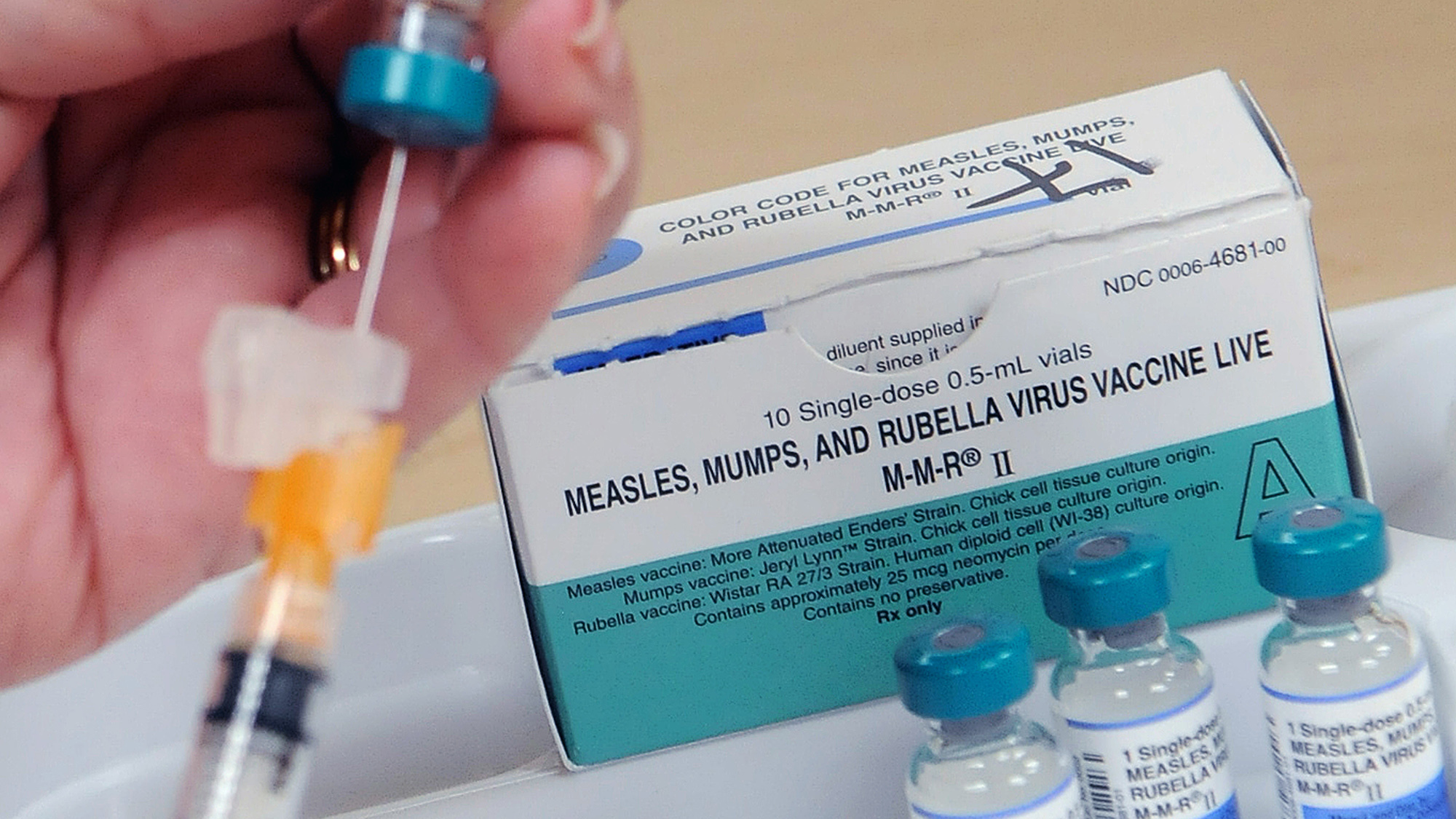

The Florida Department of Health is investigating eight cases of measles due to an outbreak of the highly contagious disease in a school in Broward County. Six of the previously known cases are in students from Manatee Bay Elementary School, in the town of Weston, near Fort Lauderdale. New data from the state shows two more cases this week in Broward County, one case in a child under five and another in a child between five and nine-years-old.
[Related: Some vaccinated adults may not be protected against measles.]
The United States officially got rid of endemic measles in 2000. However, the illness has begun to circulate in the US and around the world due to widespread misinformation and challenges from the COVID-19 pandemic.
These new cases come just a few days after Florida Surgeon General Doctor Joseph Ladapo contradicted both medical and federal guidance on when students can return to school and how to contain the spread of this preventable disease.
What is measles?
Measles is a highly contagious respiratory disease. It is estimated that 90 percent of non-immune people exposed to an infected individual will contract the virus. Symptoms may include, cough, runny nose, watery eyes, fever, and red spots that look like a rash. It is spread through coughs and sneezes and can linger in a room for up to two hours.
In some rare cases, measles may lead to pneumonia, encephalitis, or death. It can also weaken a patient’s immune system, making fighting future illnesses more difficult.
How do I know if I’ve been vaccinated?
There is no one national organization that maintains vaccination records in the US. According to the CDC, a good first step is to ask parents or guardians for copies of vaccination records. These are sometimes kept in baby books, photo albums, or filing cabinets since most vaccinations are given during early childhood.
[Related: What to know about polio boosters, oral vaccines, and your medical history records.]
If you do not have a copy at home, contact your pediatrician or doctor’s office. Depending on your age, this could take a while since records may be in deep storage. Your high school or college may also have medical records still on file. Older adults also may need additional doses of the measles vaccine.
You can also reach out to your state’s health department, since some have registries called Immunization Information Systems. These may even include adult vaccines, like those for shingles or yearly flu and COVID-19 shots.
If you have moved to the US from another country, vaccination information may have also been collected during the visa process. Paperwork from the medical exam may have proof of certain vaccinations.
A last step is making an appointment with a doctor or pharmacy to have a blood titer test to see what level of immunity you have to measles, chicken pox, and other diseases. This is also where you can set up an appointment for a booster or first round of vaccinations. Those vaccinated against measles are about 97 percent protected against the virus.
What is happening in Florida?
Typically, doctors and public health officials recommend children who are not vaccinated for measles isolate for a period of 21 days if they are exposed to the virus at school. In the letter sent to parents and guardians at Manatee Bay Elementary School, Dr. Ladapo, said it was up to individual families to determine when their children can return to school.
“Because of the high likelihood of infection, it is normally recommended that children stay home until the end of the infectious period,” the letter dated February 20 read. However, Ladapo continued saying that the state “is deferring to parents or guardians to make decisions about school attendance. This recommendation may change as epidemiological investigations continue.”
[Related: The deadliest viruses in human history, from COVID to smallpox.]
This break from traditional protocol has some physicians in the area concerned. According to family physician and public health specialist Doctor George Rust, most students in Florida public schools have been vaccinated, but that number has started to decline in recent years.
“There’s the possibility that children who are not immunized and who are susceptible to measles are attending school, potentially getting measles and then transmitting it to other kids,” Rust told CNN. “Now, you’ve, on the one hand, allowed parents to make their own choices for the child who was not immunized, but you’ve also taken away some choices for those parents who may feel that their children should be protected.”
Why is measles having a resurgence?
Florida is one of 11 states who have seen cases this year alone. According to The Centers for Disease Control and Prevention (CDC), there have been 35 measles cases reported in 15 states already this year. By comparison, there were 58 reported cases in 2023 alone.
The current resurgence can be tied to vaccine hesitancy and misinformation surrounding the Measles, Mumps, and Rubella (MMR) vaccine and a struggle in vaccinating young children due to the COVID-19 pandemic. The CDC warned physicians to “stay alert for measles” in January, as more cases emerged particularly among unvaccinated children and adolescents.
In the US, about 92 percent of children had received their MMR vaccine by the age of two in 2023. However, this is below the federal target for herd immunity of 95 percent vaccinated.
